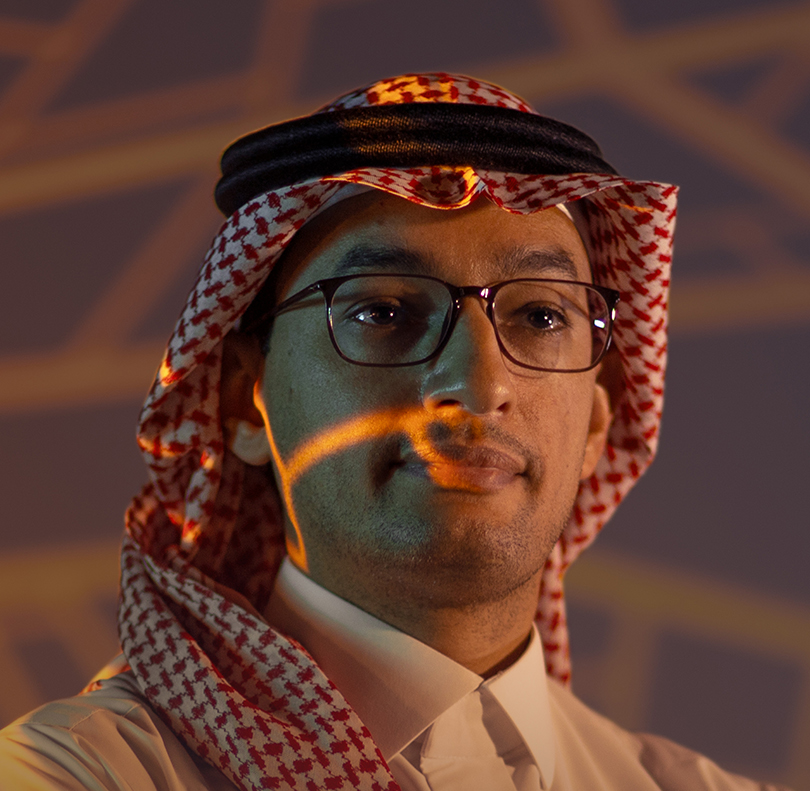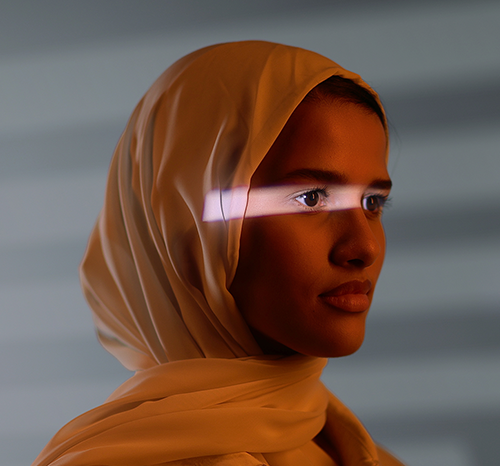PEIYING HONG
on a
mission
to clean the world's wastewater.
Singapore and Saudi Arabia share a challenge, Professor Peiying Hong says — water scarcity. In her native Singapore, an island city-state with no permanent freshwater source beyond the rain, she became aware early of the fragility of water and the need to treat it as a renewable resource. That awareness has guided her life’s work.
Today, at King Abdullah University of Science and Technology (KAUST), Hong advances ideas and technologies to reuse wastewater and secure future water access in one of the world’s driest regions: Saudi Arabia.
While others see wastewater as unclean, I feel compelled to change that paradigm.”
Peiying Hong
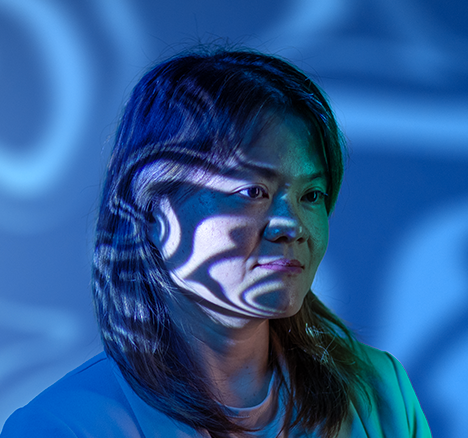
“While others see wastewater as unclean, I feel compelled to change that paradigm,” Hong says confidently. “We have the scientific knowledge and technological solutions to remove contaminants. Water can be safely reused to support the Kingdom’s growing ambitions.”
Co-chair of the Center of Excellence for Sustainable Food Security, the Environmental Science and Engineering professor focuses on molecular microbiology and microbial dynamics in water and wastewater ecosystems, applying her insights to improve water quality and reuse.
Much of Saudi Arabia’s treated wastewater, around 70%, still goes unused. Hong sees that as a challenge and an opportunity. If treated properly, she notes, wastewater could become a valuable commodity for the nation and the broader Middle East. “I’ve been at KAUST for 13 years. Right from the start, it has been one of our key missions to address this research area. It’s something we’ve been continuing to do on a daily basis.”
WATCH VIDEO
Professor Peiying Hong
Kid in a candy land
KAUST proved fertile ground for Hong to pursue her life’s mission. She arrived at the University in 2012 feeling overwhelmed with positivity and support of all kinds — like a “kid in a candy land where you get an endless supply of candies.” It was the perfect collaborative environment to carve out a niche, build a research group, and begin addressing the challenges she had long carried with her from Singapore.
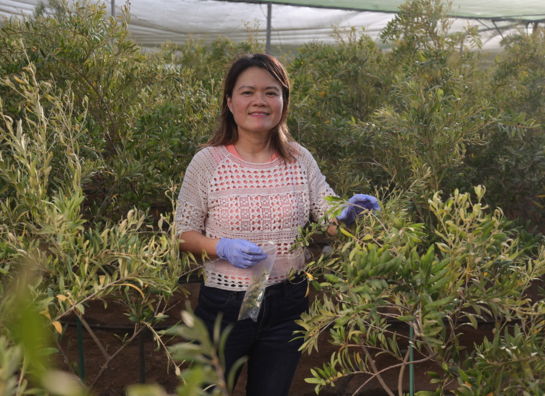
“It’s easy to communicate and brainstorm ideas, which leads to creative solutions that possibly one person cannot think of alone,” she says, her voice lifting. “It’s the beauty of KAUST: so much talent is gathered together. Everyone feels free to brainstorm ideas and create new synergies.”
Today, with KAUST’s support, Hong’s anaerobic membrane bioreactors harvest energy from wastewater and sunlight to provide sustainable purification while producing water safe for irrigation. Her work is moving beyond the lab, with the Saudi Authority for Industrial Cities and Technology Zones (MODON) testing the technology in Jeddah.
National partners, including the Ministry of Environment, Water and Agriculture (MEWA), and the Saudi Irrigation Organization, are also helping ensure Hong’s solutions can shape the Kingdom’s sustainable reuse of wastewater.
“We’re also collaborating with start-up companies from KAUST,” she adds. “Of course, they have grown over the years to not just be start-ups. Some of them are now actually small- and medium-sized enterprises. We’re collaborating with them to commercialize some of the key technologies that are derived from our labs.”
The role of mentorship
Hong carries forward the spirit of support she found when first arriving at KAUST. Recently appointed the Associate Dean for Students in KAUST’s Biological and Environmental Science Division (BESE), she guides young researchers with that same encouragement, helping them find their footing, build confidence, and see how their work connects to larger issues facing the planet. For her, mentorship is about helping graduate students envision their long-term goals.
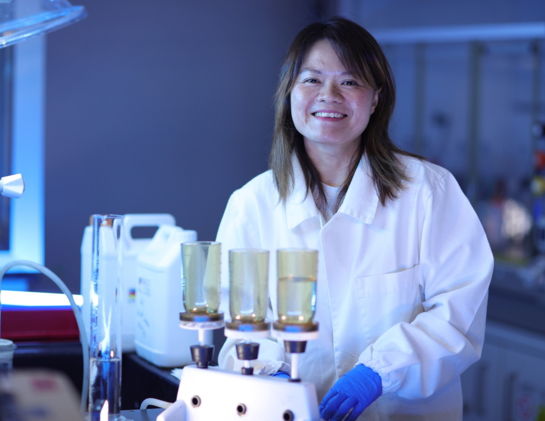
“Is this big challenge something you believe in? Something that motivates you? At the end of the day, people work based on motivation. If you don’t see the vision, then you lose steam. I also stress that we don’t know everything, so you need the right minds, the right team, and a diversity of knowledge to address complex environmental challenges.”
That same philosophy extends beyond the lab to Hong’s engagements with young KAUST entrepreneurs. “We partner with students from the Technology Innovation and Entrepreneurship (TIE) program. These excellent, smart students help us come up with prototypes, business plans, and stakeholder engagement for commercialization.”
Vision for the future
From Singapore to Saudi Arabia, Hong’s career tells a story of turning scarcity into opportunity. Today at KAUST, she is shaping sustainable water solutions for the Kingdom and the wider world, carrying forward lessons she learned in childhood. “If we don’t have enough water, we don’t have enough food, enough energy, enough green or livable spaces for the urban population. Without water, it becomes impossible for people to thrive, prosper, and live.”
Her long-term goal for the Kingdom and the broader region is to see the sustainable capture, purification, and recovery of all wastewater produced. “I’m on a mission to reuse one of the world’s most precious resources.”
Learn more about KAUST and our mission-driven research
KAUST shall be a beacon for peace, hope and reconciliation, and shall serve the people of the Kingdom and the world.
King Abdullah bin Abdulaziz Al Saud, 1924 – 2015
Email: global.pr@kaust.edu.sa
Mailing address:
4700 King Abdullah University of Science and Technology
Thuwal 23955-6900
Kingdom of Saudi Arabia
FOLLOW US
© 2025 King Abdullah University of Science and Technology. All rights reserved.


